Sierra Leone
As Sierra Leoneans prepare to head to the polls this Saturday, the growing economic hardship is on everyone's mind.
"There is no work and there are problems with electricity and water supplies," says Alie, a young tuk-tuk driver in the capital Freetown.
Across the city, entrepreneurs are feeling the brunt of rampant inflation which hit 43% in April, 2023 - up from a high of 41% in March.
The price rises are a major preoccupation for youth here ahead of the presidential, legislative and local elections this weekend. Around 52.4% of registered voters, or 1.78 million people, are aged between 18 and 35 years old, according to a spokesperson for the electoral commission.
For Ali, 27, the steep rise in the price of fuel has meant he now has to work 18 hours daily to make ends meet, up from the 8 hours he used to work.
Inflation and food shortages
The price of basic food items, such as rice, have doubled or even tripled in recent years. In an Afrobarometer survey conducted between June and July 2022, those questioned indicated that the most pressing issues they believed the government should address were the running of the economy and food shortages.
Those voting on Saturday will likely choose between incumbent President Julius Maada Bio, of the Sierra Leone People's Party (SLPP), and Samura Kamara. leader of main opposition party, the All-People’s Congress (APC).
Both Bio and Kamara have said that they will prioritise prioritise agriculture and food sustainability if elected.
Other concerns for voters include infrastructure and roads, as well as water supply and education.




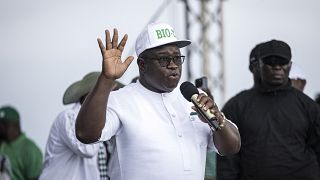
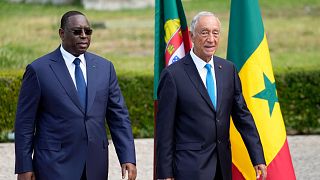
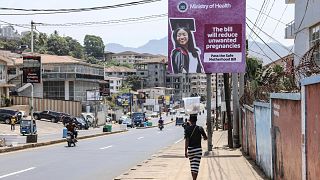
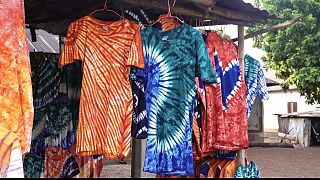
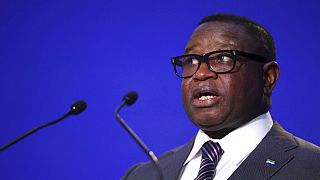


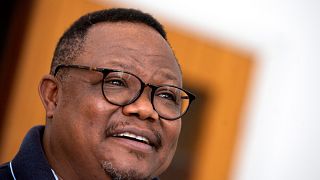
Go to video
Libya devalues currency for first time in four years amid fiscal strain
Go to video
Pics of the day: March 25, 2025
Go to video
Muslims in Cairo stock up on provisions for Ramadan
01:49
January sees Egypt's inflation Fall to 23.0% due to base effect
01:32
UN Security Council meeting highlights South Sudan's economic hurdles
01:13
Nigeria Union rejects telecom tariff hike